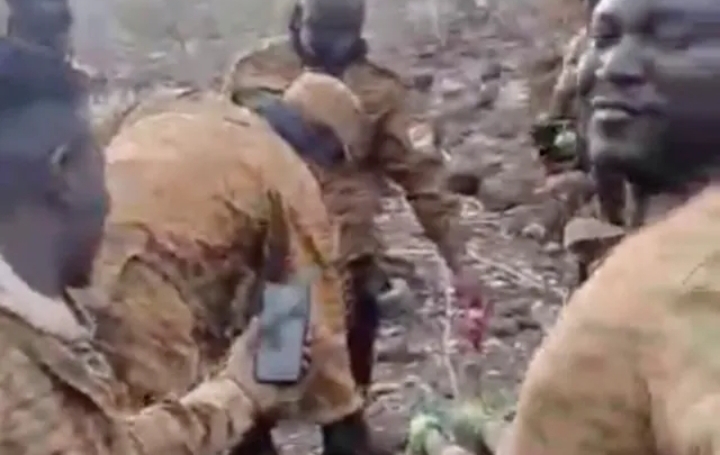The ICC is investigating Russia-linked Wagner Group for alleged war crimes in Mali, including sharing graphic violence on social media. Reports also implicate Mali and Russia in atrocities, as Russia strengthens its military presence in Africa.
Wagner Group Accused of War Crimes for Sharing Atrocity Videos on Social Media


The Wagner Group, a Russia-affiliated mercenary organization, is facing heightened scrutiny as the International Criminal Court (ICC) examines confidential reports accusing the group of committing war crimes in West Africa. This investigation marks a precedent-setting moment, as it is the first time the ICC is considering whether the dissemination of graphic atrocity images on social media—particularly in Mali—could itself be deemed a war crime.
According to the reports, Wagner’s presence in Mali has coincided with a significant surge in war crimes, with its mercenaries allegedly filming and sharing horrific acts—such as beheadings and dismemberments—on platforms like Telegram.
Lindsay Freeman, from the Human Rights Center at the University of California, Berkeley School of Law, stated, “Since Wagner entered the fight in Mali, there has been an escalation in war crimes and human rights violations, including brutal beheadings, dismemberment, and things that we know about because they are recording themselves doing it and self-publishing this to their social media accounts on Telegram.”
The ICC’s investigation will explore whether the online publication of these gruesome visuals violates international humanitarian law.
Freeman further highlighted the disturbing trend of these images gaining traction online, noting that some channels appear to be profiting from the macabre content. “The more graphic the material has gotten, the more engagement these channels are getting, and the more the group has grown,” she explained.
Beyond Wagner, the reports also call on the ICC to investigate the roles of the Malian and Russian governments in atrocities reportedly committed between December 2021 and July 2024. These alleged crimes include extrajudicial executions, torture, mutilation, and even acts of cannibalism in Mali’s northern and central regions.
Beverly Ochieng, a researcher with the Center for Strategic and International Studies, cautioned that Wagner’s departure would not necessarily bring stability to Mali. “Russia intends to continue staying in the country as what is now known as the Africa Corps, which is still made up of Wagner forces. We are likely to see a continued trend in violence, particularly by the al-Qaida group, which retaliates against Russia,” she said.
As Western powers, including the United States, scale back their presence in the region, Russia is expanding its military footprint across Africa. Wagner remains a central actor in this strategy, reinforcing Moscow’s influence through its close ties to Russian intelligence and defense institutions.

 বাংলা
বাংলা  Spanish
Spanish  Arabic
Arabic  French
French  Chinese
Chinese 
